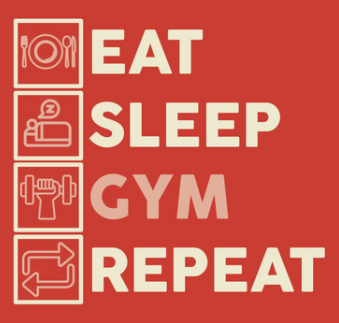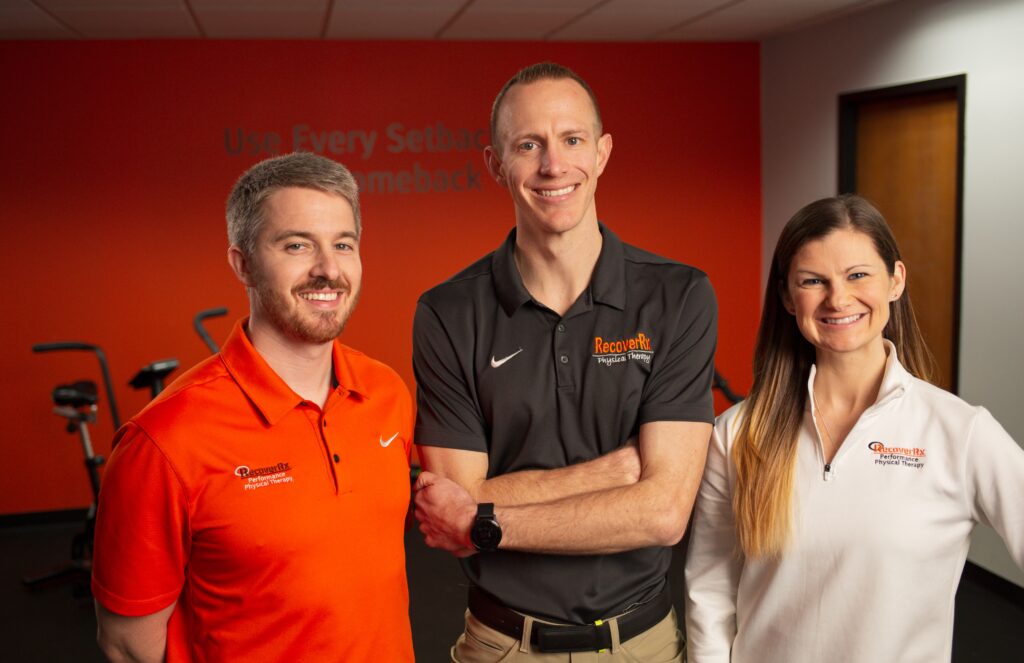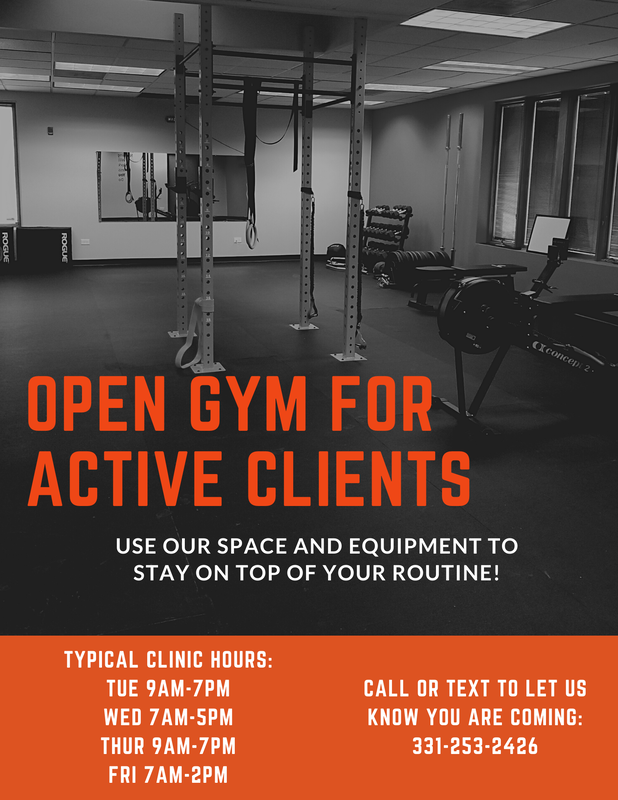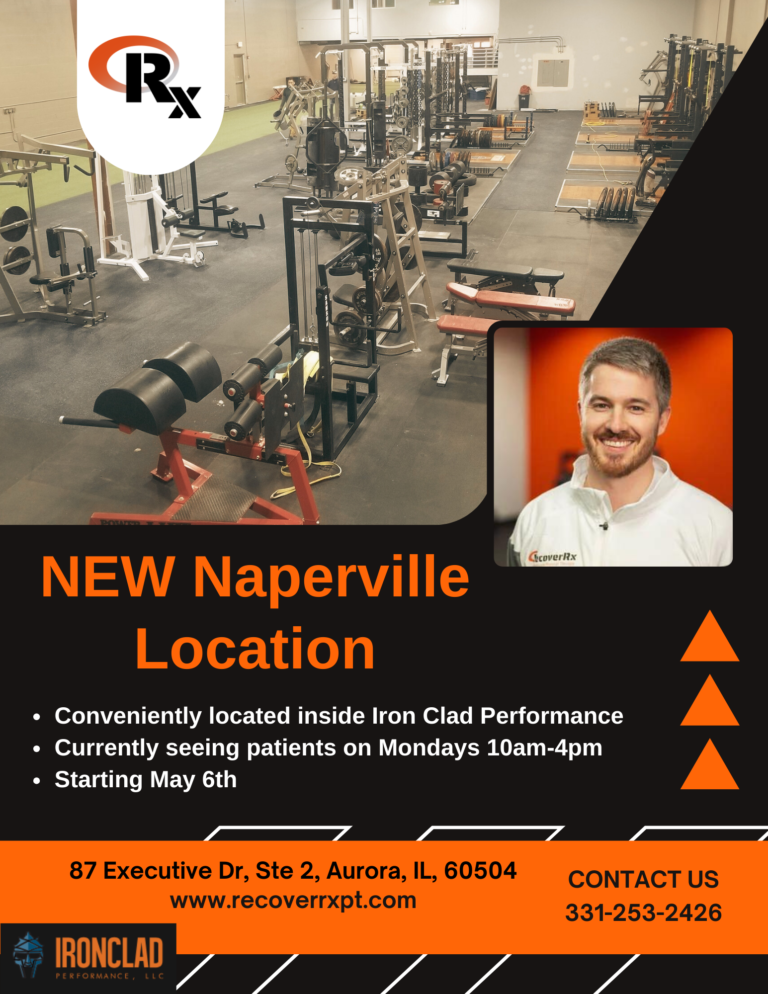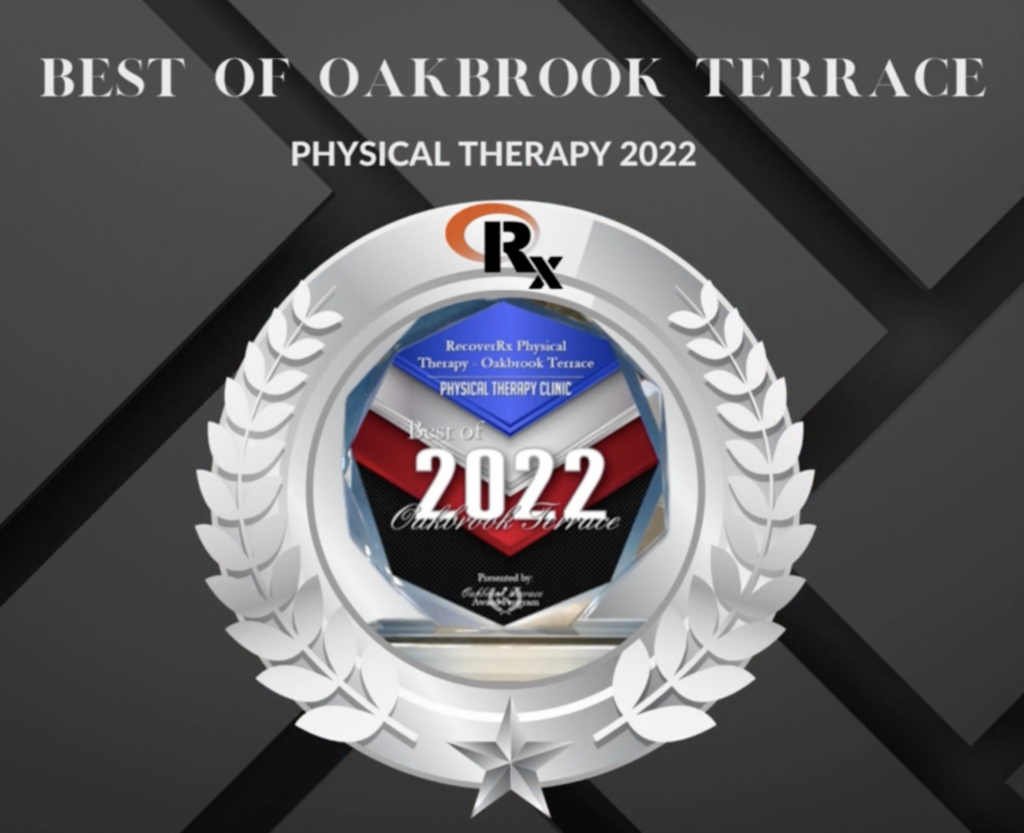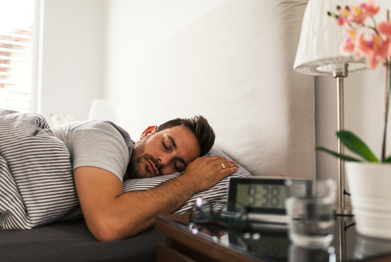
The benefits of getting enough sleep may seem obvious. You will feel more alert, energized, and even less impatient or agitated when you are giving your body an adequate amount of rest in the form of sleep. But did you also know that sleep can help improve your fitness? It’s not necessarily as easy as sleep more to get more fit (we wish!), but incorporating this tool into your wellness practice can pay dividends in helping you achieve your fitness goals. Sleep allows the body and brain to recover from daily activities, and it also helps you see more benefits from your workouts, maintain a healthy weight, and even make better, healthier decisions.
Your hormone levels play a key role in various processes in your body, and adequate sleep and healthy hormone levels go hand in hand. One hormone in particular that is responsible for promoting healing, recovery, and growth in muscle tissue is the human growth hormone, or HGH. Research has discovered that a surge of HGH occurs every two hours of prolonged sleep, aiding your body in reaping the benefits of your workout earlier that day or week. In addition to HGH, sleep also promotes protein synthesis to help your muscles repair from the microtrauma of overload strength training.
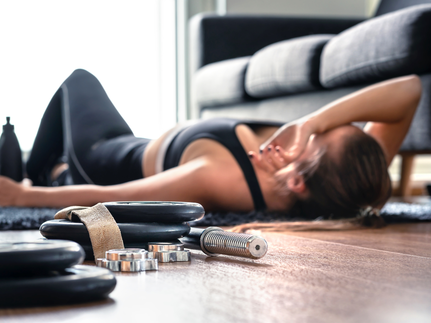
Another important hormone affected by sleep is cortisol, a stress hormone that can become elevated when you are low on sleep. Cortisol is linked to both weight gain and increased blood pressure, so keeping it in check is an essential part of health and wellness. Two other chemical messengers, ghrelin and leptin, communicate with our brain about when to consume calories. These neurotransmitters can trigger hunger cues when we are sleep deprived and not necessarily in need of calories, which is why inadequate sleep can cause weight gain.
In addition to hormone health, sleep also provides you with an essential foundation for healthy decision-making, especially when it comes to nutrition. Studies have shown that when both men and women were deprived of sleep, they were significantly more likely to make poor food choices. These poor nutrition choices hinder optimal fitness recovery, which means you may not get all the benefits from your workout that you could with enhanced nutrition. Research suggests that these decisions were due to a decrease in executive functioning, reinforcing the fact that fatigue and “mental fog” from a lack of sleep doesn’t just make us tired – it also makes it harder for us to think.
Sleep also provides your body with enough energy to tackle your next workout with integrity and focus. Sleep deprivation can lead to fatigue, which makes even lacing up your sneakers to exercise feel like a challenge, and it can also put you at a greater risk for injury while exercising due to a lowered ability to concentrate.
So, how much sleep should you be getting to maximize your time spent in the gym and feel your best? You may be familiar with the age-old recommendation of 7-9 hours a night, but everyone has individual needs. Still, acquiring fewer than 7 hours on most nights will not set you up for success when it comes to your health and fitness. To get the most out of your time in bed, developing a sleep hygiene routine is essential. Try to avoid caffeine in the afternoon, power down all screens at least 30 minutes before bed, and create a relaxing wind-down routine. You could try a cup of caffeine-free tea, a warm bath or shower, or simply just reading a book in the time leading up to when the lights go out. This may take some practice or forward-thinking at first, but the quality sleep that will likely follow an intentional bedtime routine just may be the part of your fitness routine you’re missing.
